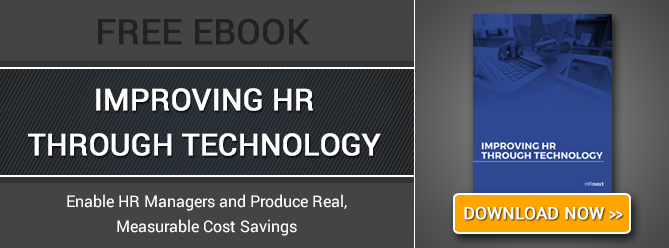Three Trends That Will Change the Future of Work
The way that Americans work and think about work is changing: driven by disruptive technology and shifting ideas about job stability, nearly 15.5 million people in the U.S. describe themselves as self-employed while almost 54 million people currently identify themselves as freelancers. With shifts in the market coming so quickly, several trends seem poised to dramatically change the way we work within the next five years.
Smaller City Work Centers
With the cost of living rising in many urban areas faster than income and inflation, “second-tier” cities like Austin, Raleigh, Seattle and Denver are becoming more attractive to both businesses and workers. The rise of remote working, and tools to support it, has made workers increasingly nomadic – seeking positions that offer the most flexibility, as shown by a recent study that reported that 70 percent of employees would switch jobs to gain more flexibility.Greater specialized expertise is more hotly in demand, but few are a “specialist for life” in any one thing anymore.





Leave a Reply
Want to join the discussion?Feel free to contribute!